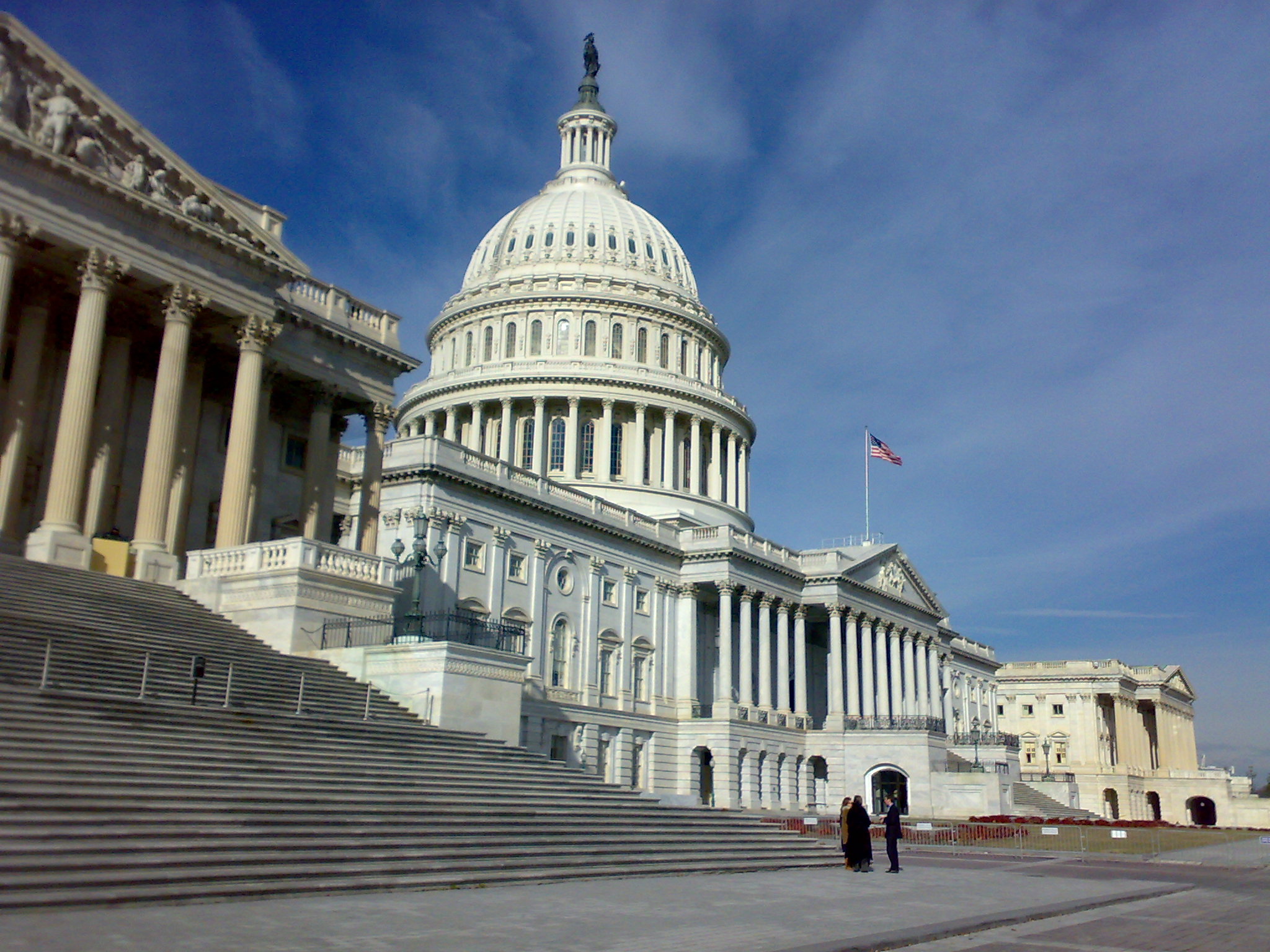The American Rescue Plan addresses the root cause of zoonotic pandemics like Covid-19 by clearly signalling that illegal wildlife trade (IWT) is an international security threat.
On Thursday, 11 March, President Joe Biden signed into law the American Rescue Plan, a $1.9 Trillion pandemic relief and stimulus law for the US economy.
Detractors have criticised the overall cost of the package, while supporters have focused on benefits such as expanded child tax credits, direct payments of $1,400 to lower income taxpayers, and additional federal funding for vaccine rollouts.
Very little attention has been given to the $105 million allocated to the USFWS. This additional funding – which equates to just over half EUROPOL’s annual budget – will be allocated as follows:
- $20 million for additional wildlife inspectors, interdictions, investigations and related activities and for efforts to address wildlife trafficking.
- $30 million for the care of rescued and confiscated wildlife, captive species listed under the Endangered Species Act of 1973, and federal trust species in facilities experiencing lost revenues due to COVID-19.
- $45 million for research and extension activities to strengthen early detection, rapid response and science-based management to address wildlife disease outbreaks before they become pandemics. The funds also will help strengthen capacity for wildlife health monitoring to enhance early detection of diseases that have the capacity to jump the species barrier and pose a risk in the United States, including the development of a national wildlife disease data base.
- $10 million to carry out provisions related to restrictions on trade in injurious species and illegal wildlife trade under the Lacey Act Amendments of 1981.
The actual effectiveness of these measures will become clear in the future, but the fact that these additional resources were included in this landmark pandemic relief legislation can be read as sending two clear political messages from the US Congress and the Biden-Harris Administration.
The first message is that zoonotic diseases and the illegal wildlife trade are a national and international security threat.
Indeed, Democrats and Republicans (who agree on little these days) have recently spoken up on this exact point.
Congressman Guy Reschenthaler, a Republican from rural Pennsylvania who served in Iraq as a Navy officer, stated in April, “Illicit wildlife trafficking is a $100+ billion industry that threatens both protected animal species and the security of the United States and our allies.”
Congressman Mike Quigley, a Democrat from Chicago with a seat on the House Permanent Select Committee on Intelligence stated in January this year, “For the sake of our health, our economy, and our livelihoods, preventing the next pandemic before it starts is perhaps the most important thing we must do.”
Biologically, Covid-19 is what’s called a ‘zoonosis’, an infectious disease that has jumped from animals to humans. Examples of other zoonotic diseases include Ebola, which spilled over from fruit bats, HIV (chimpanzees) and SARS (civet cats). Such diseases kill an average of 2.2 million people every year, according to a 2012 study. In fact, roughly 70% of new diseases deadly to humans are zoonotic and originated in either wild animals or their domesticated cousins.
Covid-19 most likely began where diverse species of exotic wildlife were kept in unsanitary, unregulated conditions, coming into contact with one another and, in turn, with humans. One species possibly implicated is the pangolin, a shy, nocturnal creature consumed as food or in traditional Chinese ‘medicine’ for their scales.
While scientists and public health experts are still learning the exact nature of Covid’s origins, there should be no debate that mitigating the drivers of zoonotic ‘spillover’ thus must be an international security priority. It is no coincidence that pangolins – the most illegally trafficked mammal in the world – were likely a key vector for Covid-19.
The second message is that law enforcement – and especially the USFWS – has an important role to play in preventing future pandemics.
By buttressing the capacity of the USFWS in particular, the American Rescue Plan
is investing in the prevention of future zoonotic pandemics at home and abroad. Alongside their domestic mandate, today, USFWS attachés work in 11 countries abroad, mentoring local law enforcement and combatting transnational criminal gangs engaged in wildlife trafficking.
Specifically, additional USFWS resources will provide much needed funding for inspections, interdictions and inter-agency investigations. Funding will also go to the care and safe placement of animals rescued alive while trafficked into the United States. Federal trust species will be placed in approved facilities with veterinarians trained in proper handling.
Perhaps most importantly, USFWS will develop an early detection and rapid response system. This will trigger when wildlife disease outbreaks occur anywhere in the world. Imagine if this was in place 15 months ago.
Only a comprehensive and decisive whole of government approach can dismantle wildlife trafficking. Indeed, this was the original vision of the Eliminate, Neutralize and Disrupt Wildlife Trafficking (END) Act of 2016. The American Rescue Plan recognises the special role USFWS plays in this mission.
COVID-19 is just the latest in a long line of zoonotic pandemics. Through concerted efforts it can be the last.
Dr Tim Wittig is the Director of Intelligence and a founding board member of Focused Conservation.
Main image credit: Bjoertvedt, via WikiCommons
The views expressed in this article are those of the author and do not necessarily reflect the views of RUSI, Focused Conservation or any other institution.


